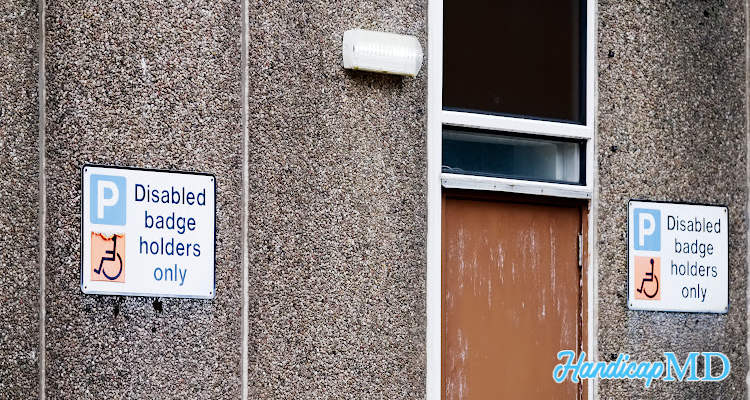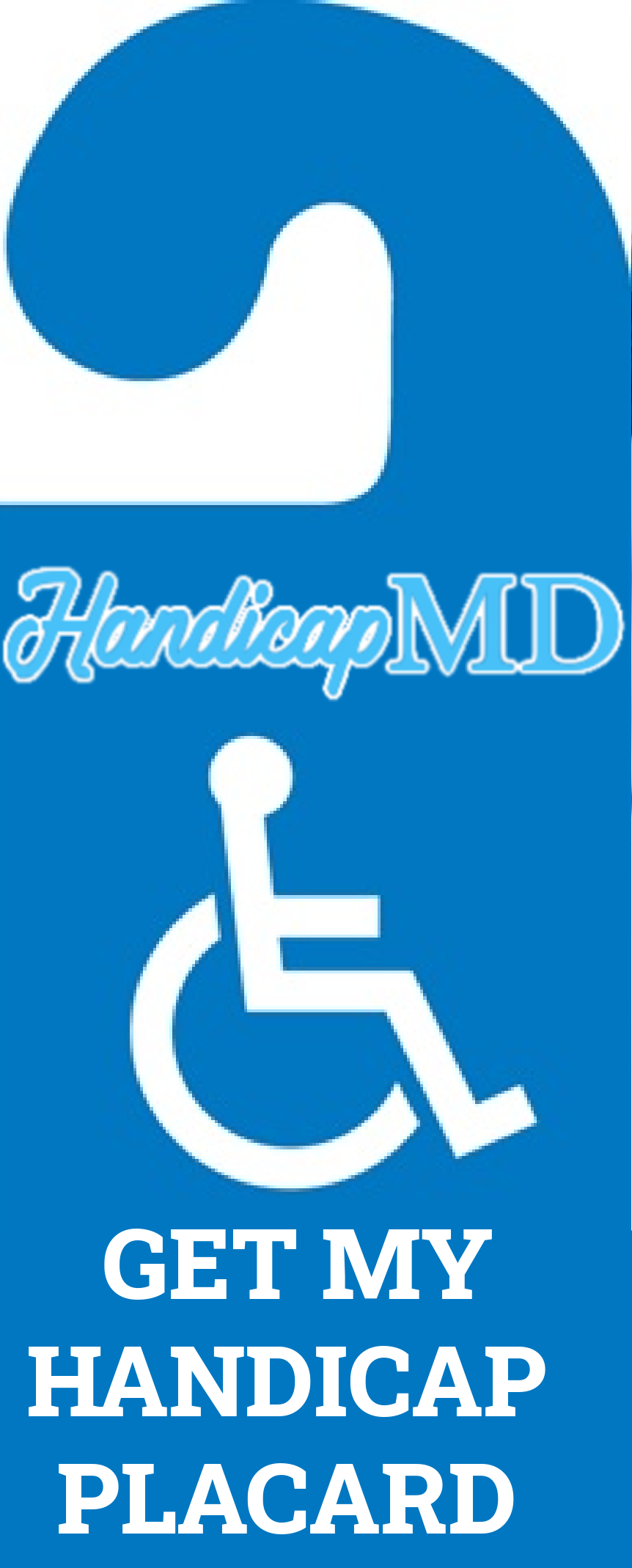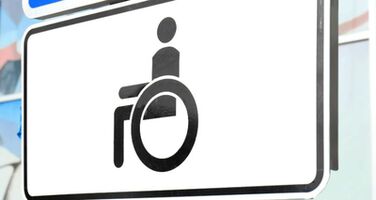
Discover the Benefits of Having a Handicap Placard in Oregon
Introduction
Living with a disability can present numerous challenges, but the state of Oregon recognizes the importance of providing support and accessibility to individuals with disabilities. One significant way they do this is by offering disability tags to those who qualify. In this comprehensive guide, we will explore the benefits of having a handicap placard in Oregon, how to obtain one, and what privileges and advantages it brings. Whether you are a person with a disability, a caregiver, or simply curious about the topic, this article aims to provide accurate and relevant information about the advantages of having a handicap pass in Oregon.
Discover the Benefits of Having a Handicap Placard in Oregon
Having a handicap pass in OR offers a wide range of benefits that significantly improve the quality of life for individuals with disabilities. Below are some of the key advantages:
1. Convenient Parking
One of the most apparent benefits of having a handicap pass is the convenience it provides when parking. Designated handicap parking spaces are strategically located close to building entrances, making it easier for individuals with disabilities to access essential services, businesses, and public facilities. These parking spaces are wider, allowing for more space to maneuver wheelchairs or mobility aids.
2. Improved Accessibility
Disability tags play a crucial role in promoting accessibility for individuals with disabilities. In addition to reserved parking spaces, authorized holders can also use accessible parking spaces, ramps, and entrances. This ensures that individuals with limited mobility can navigate their surroundings with greater ease and independence.
3. Time-Saving Benefits
With a handicap permit, individuals with disabilities can save valuable time when running errands or attending appointments. Accessible parking spaces are typically closer to the destination, eliminating the need to search for parking spaces or walk long distances. This time-saving advantage is particularly beneficial during inclement weather or when the individual faces challenges in mobility.
4. Reduced Physical Strain
For individuals with limited mobility or chronic health conditions, walking long distances from regular parking spots can be physically demanding and painful. Having a permit eliminates the need to traverse large parking lots, reducing physical strain and discomfort. This is especially crucial for those with conditions affecting joints, muscles, or respiratory functions.
5. Enhanced Mobility and Independence
By granting access to reserved and accessible parking spaces, a disability tag empowers individuals with disabilities to move freely and independently. It allows them to participate in community activities, access public services, and enjoy recreational opportunities without unnecessary barriers.
6. Temporary Disability Support
In addition to permanent disabilities, permits can also be issued for temporary disabilities. Individuals recovering from surgeries or injuries that impair mobility can benefit from this temporary support, making it easier for them to resume their daily activities while they heal.
7. Access to Special Facilities
Beyond parking benefits, disability tags often grant access to special facilities and services designed for individuals with disabilities. This includes priority seating on public transportation, access to disability-friendly restrooms, and priority service at various establishments.
8. Travel Convenience
For individuals who love to travel, a disability tag can be immensely beneficial. Many states recognize and honor permits from other states, providing seamless accessibility and parking privileges during travel.
9. Financial Savings
Owning a handicap pass can lead to financial savings. Some cities and municipalities offer free parking to authorized holders, reducing the burden of parking fees. Additionally, accessible parking spaces often have longer time limits, reducing the need to pay for extended parking.
10. Advocacy for Disability Rights
By issuing handicap placards, the state of OR demonstrates its commitment to supporting individuals with disabilities. This visible recognition of disability rights helps raise awareness and encourages society to be more inclusive and accommodating to people with disabilities.
How to Obtain a Handicap Placard in Oregon
Obtaining a handicap placard in Oregon is a straightforward process. Follow the steps below to apply for and receive your permit:
Consult Your Healthcare Professional: To qualify,, you must have a medical condition that meets the eligibility criteria set by the Oregon Department of Transportation (ODOT). Consult your healthcare professional to determine if you meet the requirements.
Obtain the Application Form: Download the "Disability Parking Permit Application" form from the ODOT website or obtain a physical copy from your local DMV office.
Complete the Application: Provide all necessary information on the application form, including your personal details and medical certification from your healthcare professional.
Submit the Application: Submit the completed application form to your nearest DMV office or mail it to the address specified on the form. Include any required documentation and fees.
Wait for Approval: ODOT will review your application to ensure you meet the eligibility criteria. If approved, you will receive it by mail.
Renewal and Replacement: Remember to renew when it expires. In case of loss, theft, or damage, you can apply for a replacement.
Frequently Asked Questions (FAQs)
Can I use my out-of-state pass in Oregon?
Yes, OR recognizes out-of-state passes and permits. Visitors from other states can use their valid placards to access parking benefits in OR.
How long is a pass valid in Oregon?
Passes are typically valid for four years. However, temporary disability permits are issued for shorter durations based on the applicant's medical condition.
Are there any restrictions on using a pass in Oregon?
Using a pass for purposes other than transporting a person with a disability is strictly prohibited. Misuse of a pass can result in fines and penalties.
Can I lend my pass to someone else?
No, disability tags are non-transferable and should only be used by the person with the disability to whom it is issued.
Can I use my pass in private parking lots?
Private parking lots may have their own policies regarding disability parking, but in general, passes are recognized and honored in both public and private parking areas.
Can I apply for a pass if I have a temporary disability?
Yes, individuals with temporary disabilities can apply for a temporary handicap placard if their medical condition qualifies them for the permit.
Conclusion
Having a handicap placard in OR comes with a multitude of benefits, ranging from convenient parking and improved accessibility to time-saving advantages and financial savings. It empowers individuals with disabilities to lead more independent and mobile lives, promoting inclusivity and advocacy for disability rights. The application process is simple, and once you have your parking placard, it opens doors to a more accessible and accommodating world.
So, if you or someone you know qualifies, don't hesitate to take advantage of this valuable resource. Discover the benefits of having a handicap placard in Oregon, and experience firsthand the positive impact it can have on your daily life.
.png)






